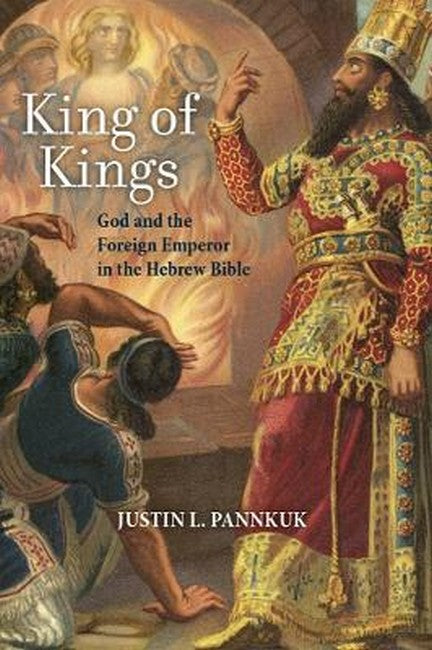Justin L. Pannkuk is Instructor of Humanities at Culver Academies.
Request Academic Copy
Please copy the ISBN for submitting review copy form
Description
Introduction: Imperial Encounters 1. Woe, Assyria-The Rod of My Anger! God and the Gentile Emperor in First Isaiah 2. Nebuchadnezzar of Babylon, My Servant : God and the Gentile Emperor in Jeremiah 3. Cyrus, YHWH's Anointed One: God and the Gentile Emperor at the Dawn of the Persian Period 4. In the Court of the King: God and the Gentile Emperor in Daniel 1-6 5 Ruled and Yet Unruly: God and the Gentile Emperor in Daniel 7 Conclusion: The Chapters and the Story
Comprehensive, up-to-date, and detailed, thevolume should be consulted by all those interested in howthe historical realities of empire impacted the biblical conceptionsof Yhwh and how those conceptions appear in theprophetic texts in particular. --Brad E. Kelle, Point Loma Nazarene University "Religious Studies Review" This is an admirably balanced work on the biblical discourse about God and gentile powers. Placing the examined texts in carefully constructed historical contexts and drawing from various disciplines, this study's clear and judicious analyses will provide a surefooted guide for readers and postcolonial critics interested in further exploring the complex dynamic between the political and the theological. --Francis M. Macatangay "Catholic Bible Quarterly" Through the course of this useful, but also highly readable, volume, Pannkuk traces the differing theological understandings of the relationship between YHWH and several Gentile kings, demonstrating how these relationships provide evidence of a range of responses to Israel's political environment. --Brandon R. Grafius "Horizons in Biblical Theology" ... King of Kings should be lauded for its breadth of argumentation, cogency, and insightful conclusions. Moreover, it should be engaged not only for the betterment of extant ideas but also as a launching pad for further investigations. --David B. Schreiner "Review of Biblical Literature" ...this makes an important contribution to the development of monotheism and its corollaries for the Judean/Jewish audience. --H.G.M. Williamson "Journal for the Study of the Old Testament"

